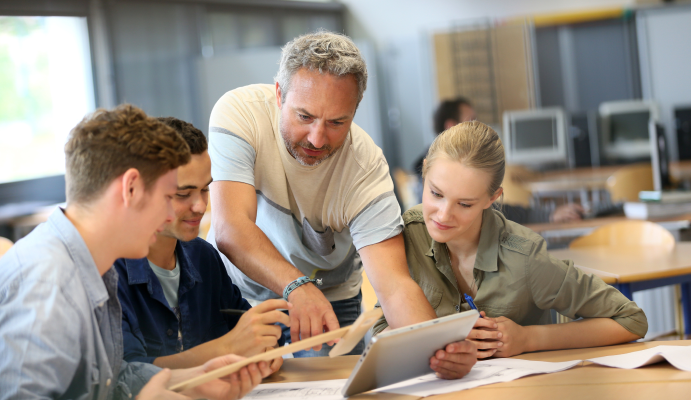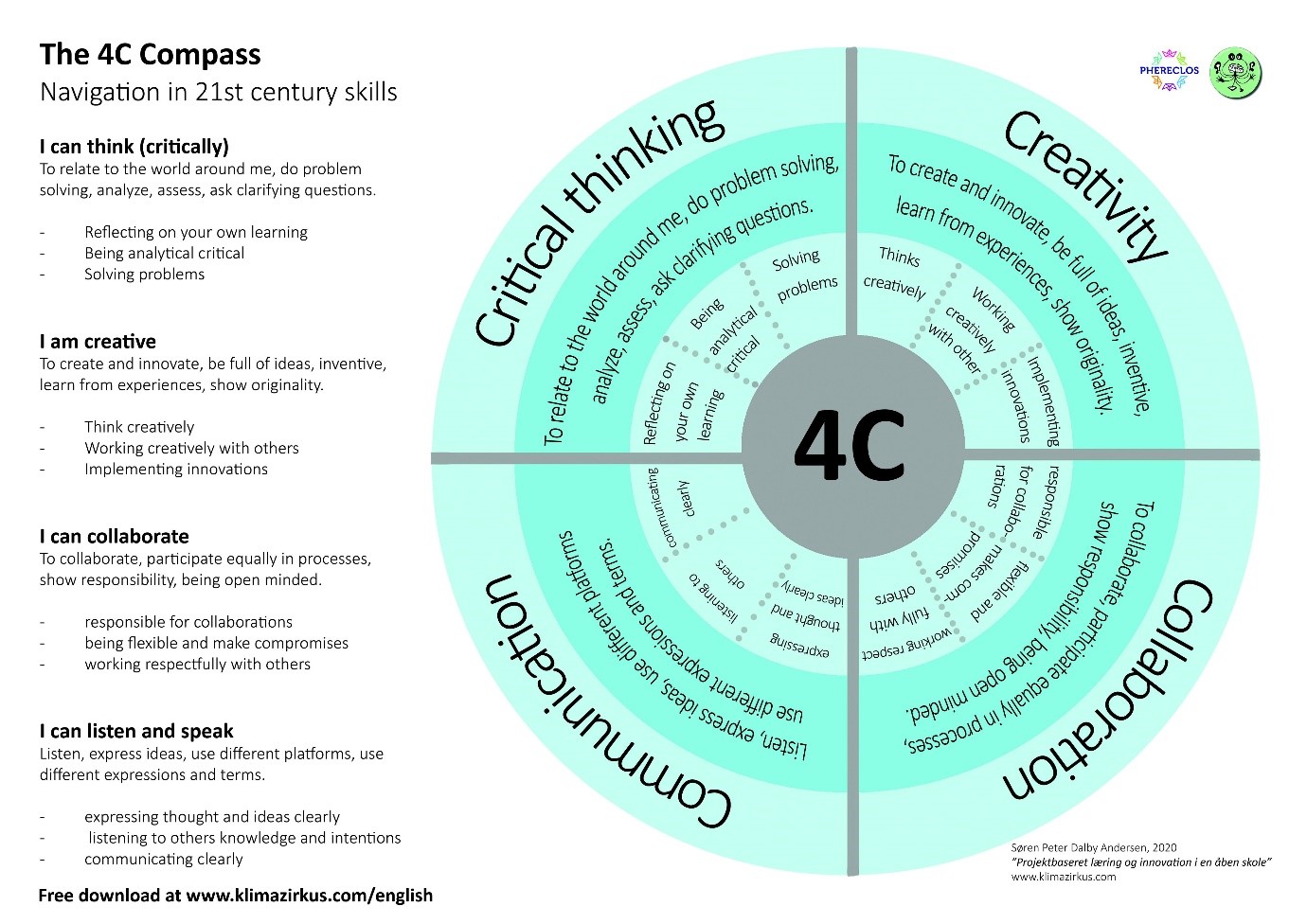
New Teacher Training Toolkit on Innovation in Open Schooling
Almost twenty years ago, I was teaching two newly assembled classes of seventh graders in biology and math. Some of the best lessons I have ever planned for them, was in a teacher team, together with the local nature school leaders.
We camped with all the pupils over two nights in the middle of the woods. Here, they learned how to make their own maps, do biodiversity investigations, and collaborate on finding firewood and food in a dark forest.
Most important and very difficult to measure in a test, they plain and simple got to know each other out of an ordinary school environment. As the teachers, we could kick back a bit, and observe how the group dynamics evolved in different combinations and during different challenges, while the nature school guides did their thing. The nature school staff were experts on their external forest learning environment. The collaboration with us ordinary teachers were about creating a temporary learning environment where the teenagers that normally did not fill up a lot of space in the classroom, also could show that they mastered skills and knowledge that were of great value. Several pupils gave their peers a completely different view of them. Being able to make a bonfire when this is the only source of heat and cooking, knowing what plants to eat and what NOT to eat, or being able to read a map and compass is suddenly worth something, out of the school grounds.
The point is that we could have made all kinds of educational subjects happen here. The less ordinary educational setting was a great opportunity to explore the new pupils’ potential for learning subjects and developing as persons at the same time. A two-night forest schooling in the beginning of seventh grade gifted us as a teacher team with a valuable lesson about our pupils, that we based the next three years of education upon.
Open schooling does not have to be rocket science, but it does take more effort to make plans to leave the classroom for a longer or shorter periods of time or invite other educators into the school, and it is usually worth the extra fuss.
Why a Toolkit for the teachers’ perspective
In PHERECLOS, there has been a strong focus on building local sustainable collaboration structures for developing and practicing Open Schooling.
Being on this transitional mission in very diverse demographic settings, there has also been a need for developing a number of supporting tools and aiding structures. This goes for the work in the three-year project period and just as much for setting sails into the late project/implementation phase.
One of the findings in these Local educational Clusters is that the teachers are key persons for a transition towards sustainable Open Schooling. Hence, a Toolkit to support the teacher position in this development is in its place.
I have had the privilege to be part of the PHERECLOS advocacy group, where one of my tasks has been to develop a tool for teacher trainers on innovation in Open Schooling.
The Open Schooling environment in general is very diverse and full of local, regional and national activities. Trying to cover the many ways STEAM is practiced in Open Schooling around the world would almost be like trying to write a book with a thorough description of every single the star in the sky.
This toolkit is in the practice-oriented end of the spectrum and is aiming to be able to support the teacher’s role going into Open Schooling collaboration projects, from the beginning of seeking potential collaborations, until it turns into ongoing activities.
The structure of the Toolkit is built up as a timeline where goes through,
- developing a concept, and mapping the local potential of partners
- planning the collaboration and creating the structure, learning aims and goals and content
- practicing Open Schooling
- evaluating the collaboration as well as the learning process and outcomes
- The transition from a project to an ongoing Open Schooling activity
The pillars of the Toolkit
To support these core elements in Open Schooling from a teacher’s perspective, we present seven different training activities that could also be a part of a real life collaborative development of activities. PHERECLOS is founded on the pillars of STEM/STEAM, 21st century skills and inclusive education in a local educational environment. Where there are plenty of innovative learning methods to choose, there have sometimes been a lack of finding a common language around these methods when it comes to the learning. This is why we have entered with a suggestion for a terminology that can operationalised into learning processes in Open Schooling. The 4C compass is one example, on how the 21st century skills are addressed in practice and assessed in a formative approach. KlimaZirkus is a Danish initiative and has been a part of one of the ten PHERECLOS Transnational Educational Mentoring Partnership (TEMP) in a Latvian-Danish coalition.
The Toolkit is available for download here.
Torben Ingerslev Roug
PHERECLOS
Head of school outreach, Faculty of SCIENCE, University of Copenhagen.

